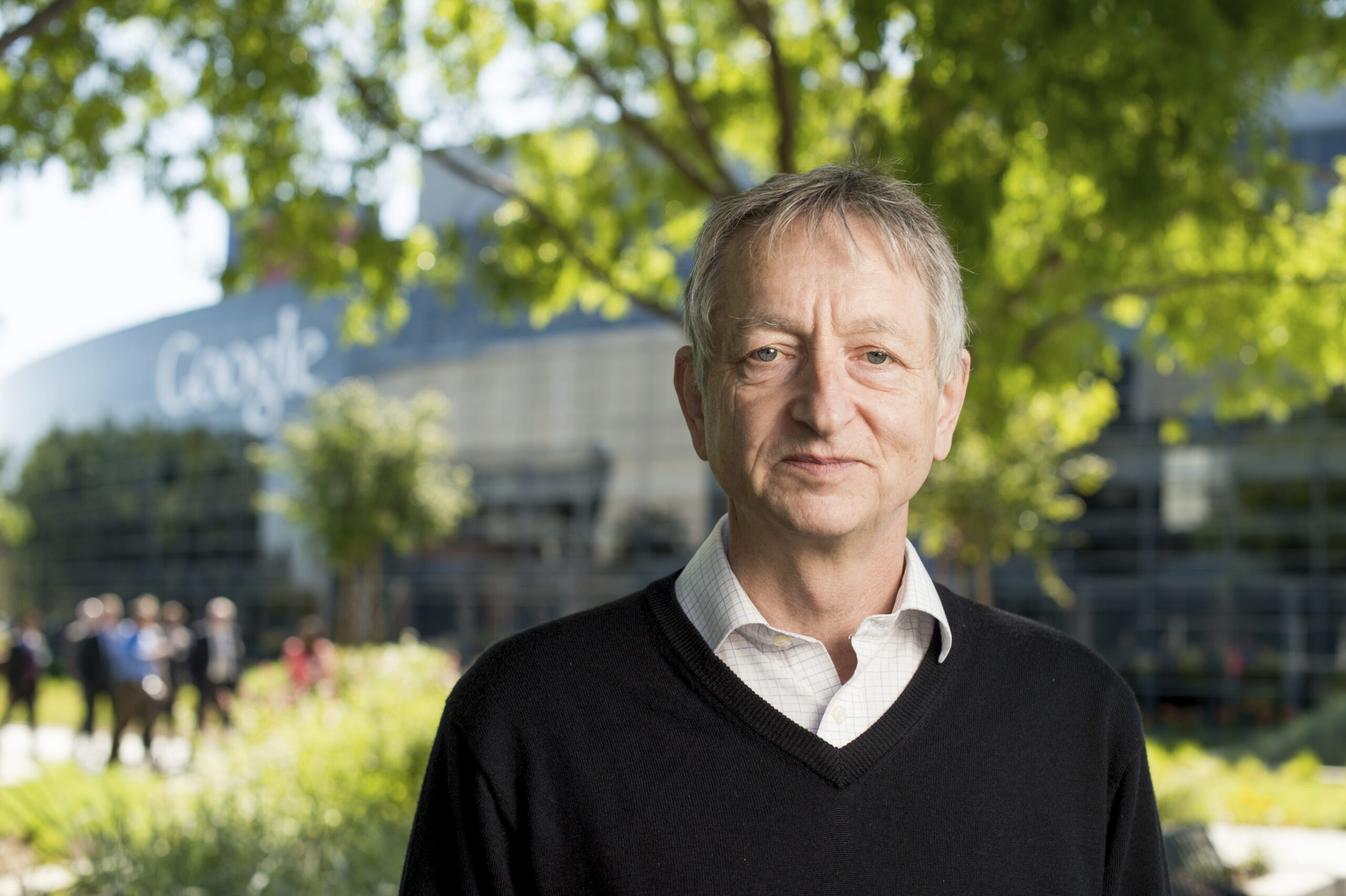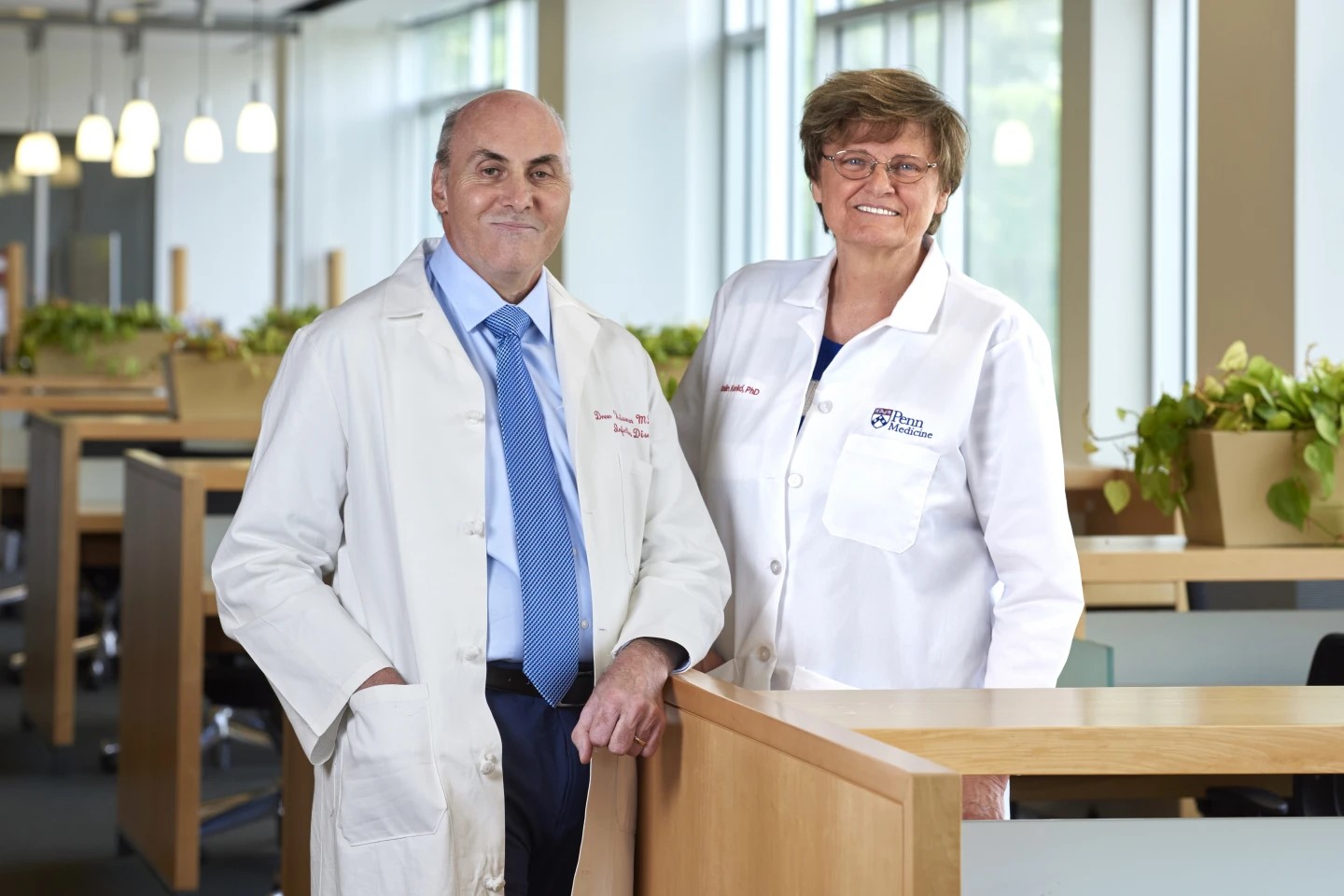Written by DAVID KEYTON and FRANK JORDANS
Two scientists won the Nobel Prize in medicine on Monday for their discoveries into how the human body perceives temperature and touch, revelations that could lead to new ways of treating pain or even heart disease.
Americans David Julius and Ardem Patapoutian identified receptors in the skin that respond to heat and pressure. Their work is focused on the field of somatosensation, which explores the ability of specialized organs such as eyes, ears and skin to see, hear and feel.
“This really unlocks one of the secrets of nature,” said Thomas Perlmann, secretary-general of the Nobel Committee, in announcing the winners. “It’s actually something that is crucial for our survival, so it’s a very important and profound discovery.”
The committee said Julius, who was born in New York and now works at the University of California at San Francisco, used capsaicin, the active component in chili peppers, to identify the nerve sensors that allow the skin to respond to heat.
Patapoutian, who was born in Lebanon and now works at Scripps Research Institute at La Jolla, California, found separate pressure-sensitive sensors in cells that respond to mechanical stimulation, it said.
“In our daily lives we take these sensations (of temperature and touch) for granted, but how are nerve impulses initiated so that temperature and pressure can be perceived?” the committee wrote in the announcement. “This question has been solved by this year’s Nobel Prize Laureates.”
Perlmann said he managed to get hold of both of the winners — who shared the prestigious Kavli Award for Neuroscience last year — before Monday’s announcement.
“I (…) only had a few minutes to talk to them, but they were incredibly happy,” he said. “And as far as I could tell they were very surprised and a little bit shocked, maybe.”
The choice of Julius, 65, and Patapoutian underscored how little scientists knew about how our bodies perceive the external world before their discoveries — and how much there still is to learn, said Oscar Marin, director of the MRC Centre for Neurodevelopmental Disorders at King’s College London.
“While we understood the physiology of the senses, what we didn’t understand was how we sensed differences in temperature or pressure,” Marin said. “Knowing how our body senses these changes is fundamental because once we know those molecules, they can be targeted. It’s like finding a lock and now we know the precise keys that will be necessary to unlock it.”
Marin said the discoveries opened up “an entire field of pharmacology” and that researchers were already working to develop drugs to target the receptors they identified.
Marin predicted that new treatments for pain would likely come first, but that knowing how the body detects changes in pressure could eventually lead to drugs for heart disease, if scientists can figure out how to alleviate pressure on blood vessels and other organs.
Last year’s prize went to three scientists who discovered the liver-ravaging hepatitis C virus, a breakthrough that led to cures for the deadly disease and tests to keep the scourge from spreading though blood banks.
The prestigious award comes with a gold medal and 10 million Swedish kronor (over $1.14 million). The prize money comes from a bequest left by the prize’s creator, Swedish inventor Alfred Nobel, who died in 1895.
The prize is the first to be awarded this year. The other prizes are for outstanding work in the fields of physics, chemistry, literature, peace and economics.
Related Stories
‹

AI Is Having Its Nobel Moment. Do Scientists Need the Tech Industry To Sustain It?The tech industry has now made it easier for AI scientists to pursue their ideas even as it has challenged them with new ethical questions.

Nobel in Medicine Goes to 2 Scientists Whose Work Enabled Creation of Mrna Vaccines Against COVID-19Written by DAVID KEYTON AND MIKE CORDER Two scientists won the Nobel Prize in medicine on Monday for discoveries that enabled the creation of mRNA vaccines against COVID-19 that were critical in slowing the pandemic and whose technology could be used in the future to develop shots against non-infectious diseases like cancer. Hungarian-American Katalin Karikó and American […]
![]()
Nobel Win for Swede Who Unlocked Secrets of Neanderthal DNAWritten by DAVID KEYTON, FRANK JORDANS and LAURA UNGAR Swedish scientist Svante Paabo won the Nobel Prize in medicine Monday for his discoveries on human evolution that provided key insights into our immune system and what makes us unique compared with our extinct cousins, the award’s panel said. Paabo spearheaded the development of new techniques […]
![]()
Nobel Peace Prize Awarded to Journalists Ressa and MuratovWritten by KIKO ROSARIO, FRANK JORDANS and VANESSA GERA Journalists Maria Ressa of the Philippines and Dmitry Muratov of Russia won the 2021 Nobel Peace Prize on Friday for their fight for freedom of expression in countries where reporters have faced persistent attacks, harassment and even murder. “Free, independent and fact-based journalism serves to protect against abuse […]
![]()
Nobel in Chemistry Honors ‘Greener’ Way To Build MoleculesWritten by DAVID KEYTON and FRANK JORDANS Two scientists won the Nobel Prize for chemistry Wednesday for finding an “ingenious” and environmentally cleaner way to build molecules that can be used to make everything from medicines to food flavorings. The work of Benjamin List of Germany and Scotland-born David W.C. MacMillan has allowed scientists to produce those […]
![]()
Scientists Focus on Bats for Clues To Prevent Next PandemicNight began to fall in Rio de Janeiro’s Pedra Branca state park as four Brazilian scientists switched on their flashlights to traipse along a narrow trail of mud through dense rainforest. The researchers were on a mission: capture bats and help prevent the next global pandemic. A few meters ahead, nearly invisible in the darkness, […]

World Food Program Wins Nobel Peace Prize as Hunger SurgesThe World Food Program won the Nobel Peace Prize on Friday for its efforts to combat hunger in regions facing conflict and hardship and at a time when the coronavirus pandemic has driven millions more people to the brink of starvation. The Rome-based United Nations agency has long specialized in getting assistance to some of […]
![]()
3 Scientists Win Nobel Physics Prize for Black Hole ResearchThree scientists won this year’s Nobel Prize in physics Tuesday for advancing our understanding of black holes, the all-consuming monsters that lurk in the darkest parts of the universe and that still confound astronomers. Briton Roger Penrose, German Reinhard Genzel and American Andrea Ghez explained to the world these dead ends of the cosmos, where […]
![]()
Nobel Prize Winner Moving Closer to Opening Turkish Cultural Center in Chapel HillThe groundbreaking for Chapel Hill’s new Turkish Cultural Center took place late last month. The center, which was approved by the Chapel Hill Town Council unanimously in November of 2016, is the long time vision of Gwen and Aziz Sancar, the latter of which is a native of Turkey and the winner of the 2015 […]
![]()
UNC Nobel Laureate Oliver Smithies Dies at 91Dr. Oliver Smithies, UNC’s first full-time faculty member to win a Nobel Prize, passed away Tuesday at UNC Hospitals at age 91, the university announced. Smithies won the Nobel Prize in in physiology or medicine in 2007. “Oliver Smithies was such a loving, wonderful force for all things good in this world,” said Chancellor Carol L. Folt […]
›




